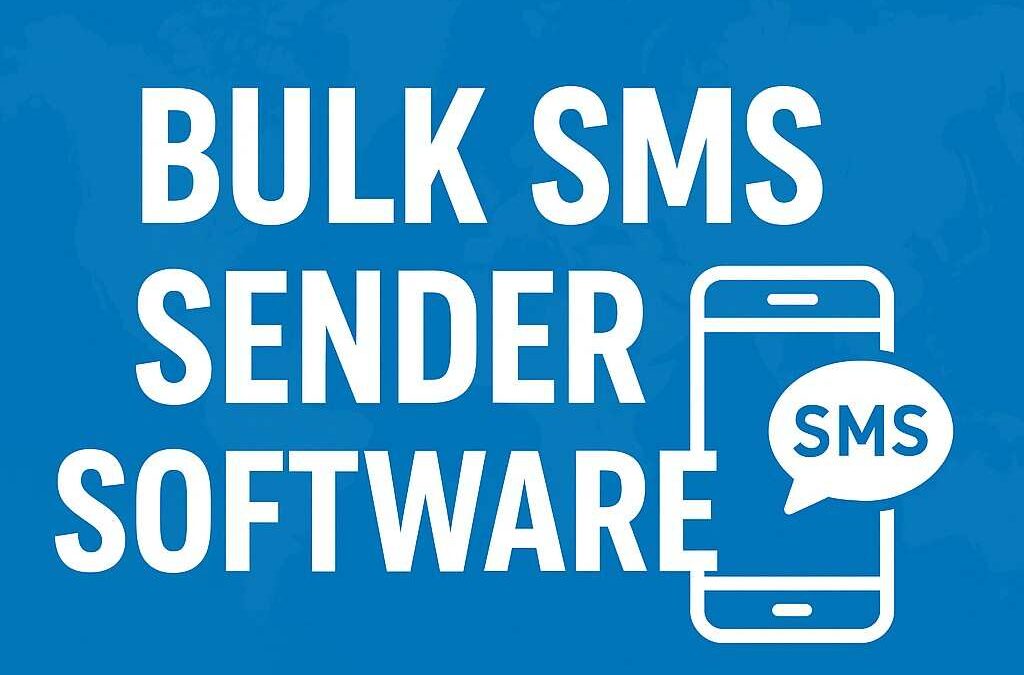Buying your first home is an exciting milestone, but it also comes with many steps and decisions. Without proper preparation, it’s easy to feel overwhelmed or make costly mistakes. That’s why having a clear checklist can help you move forward with confidence.
If you’re a first-time home buyer thinking about making an offer, this guide will walk you through the key things you should review and prepare beforehand.
1. Evaluate Your Financial Readiness
Before you even look at homes, understand your financial situation. Knowing your budget will guide your decisions and keep you from falling in love with a house you can’t afford.
-
Check your credit score: A good credit score can help you qualify for better mortgage rates.
-
Calculate your savings: You’ll need funds for a down payment, closing costs, inspections, and potential repairs.
-
Set a realistic budget: Factor in all costs, including monthly mortgage, insurance, taxes, and maintenance.
-
Get pre-approved: A pre-approval letter from a lender shows sellers that you’re serious and financially qualified.
2. Define Your Needs and Priorities
Every buyer has unique needs. Creating a list of “must-haves” versus “nice-to-haves” can save you time and help your agent find better matches.
Ask yourself:
-
How many bedrooms and bathrooms do I need?
-
Do I prefer a house, condo, or townhouse?
-
What are my preferred locations or school districts?
-
Do I want a move-in ready home or am I open to a fixer-upper?
This clarity will narrow your search and make decision-making easier later on.
3. Research the Market
Understanding the local real estate market gives you a huge advantage when it’s time to make an offer.
-
Look at recent sale prices of similar homes in the area.
-
Understand how long properties are staying on the market.
-
Get familiar with typical offer strategies in the area—some markets may favor overbidding, while others allow for negotiations.
You don’t need to become an expert overnight, but having basic market awareness helps you make smarter offers.
4. Choose the Right Real Estate Agent
A reliable and experienced real estate agent is your guide through the process. Especially for first-time buyers, a good agent can offer advice, negotiate on your behalf, and ensure you follow all legal and procedural steps.
Make sure the agent:
-
Has strong knowledge of your preferred area.
-
Is responsive and listens to your needs.
-
Has experience working with first-time buyers.
Don’t be afraid to interview a few agents before deciding.
5. Visit Properties with a Critical Eye
Once you start touring homes, avoid falling in love too quickly. Evaluate each property carefully.
-
Look beyond staging and decor. Focus on layout, condition, and structure.
-
Check for signs of damage like water stains, cracks, or old wiring.
-
Consider future resale value. Is the neighborhood growing or declining?
Taking notes and photos during each visit helps you remember details later when comparing options.
6. Understand the Total Cost of Ownership
It’s not just about the listing price. There are many additional costs involved in buying and owning a home.
Make sure to account for:
-
Property taxes – These vary by location and can significantly impact your budget.
-
Homeowners insurance – Required by lenders and important for protecting your investment.
-
HOA fees – If applicable, find out how much and what they cover.
-
Utilities and maintenance – Include routine expenses in your long-term budget.
Understanding all these costs ensures you won’t be surprised later.
7. Schedule a Home Inspection
Once you’re ready to make an offer, a professional home inspection is essential. It can uncover hidden issues and help you make an informed decision.
Inspections may reveal:
-
Foundation problems
-
Plumbing or electrical issues
-
Roof or HVAC system concerns
-
Pest infestations
Even if a home looks perfect, an inspection gives you peace of mind and may offer leverage in price negotiations or repair requests.
8. Review the Seller’s Disclosure
In most cases, sellers are required to disclose known issues with the property. These documents can give you insights that aren’t obvious during a tour.
Carefully examine:
-
History of water damage or flooding
-
Past repairs and renovations
-
Mold or termite reports
-
Neighborhood nuisances
Ask questions if anything seems unclear or concerning.
9. Know Your Offer Strategy
Making an offer is more than just stating a price. It includes several components that can affect whether the seller accepts or rejects it.
Your offer should include:
-
The price you’re willing to pay
-
Earnest money deposit (a show of good faith)
-
Contingencies (e.g., financing, inspection, appraisal)
-
Preferred closing date
Discuss with your agent how to structure the offer in a way that protects you while still appealing to the seller.
10. Prepare Emotionally
The homebuying journey can be emotional, especially when it’s your first time. Be prepared for ups and downs.
You might:
-
Face multiple offers and rejections
-
Feel pressure to make quick decisions
-
Get overwhelmed by paperwork and timelines
Stay calm, trust the process, and lean on your agent and support system. Remember, the goal is to find the right home—not just any home.
Conclusion
Buying your first home is a major step, but having a checklist helps make the process smoother and less stressful. By preparing your finances, researching the market, and understanding each stage of the homebuying journey, you’ll be ready to make a smart offer when the time comes. Take your time, ask questions, and remember—this is about building a future that’s right for you.
Important Links
Thomson View En Bloc Condo Showflat
Thomson View En Bloc Condo Showflat







0 Comments